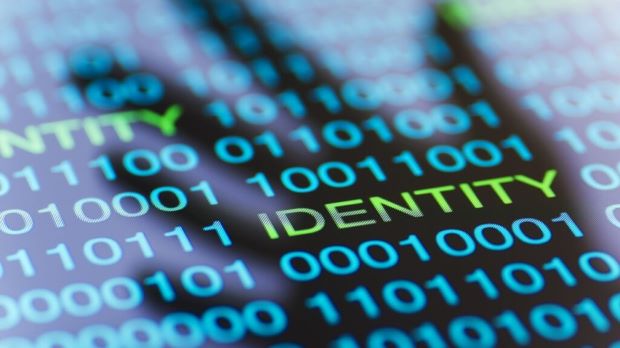Sri Lanka outpaces many in its digital identity and birth registration programs
By Jim Nash
TORONTO – Off the southern tip of India, the island nation of Sri Lanka is making birth certificates digital ID documents. At the same time, it is testing the consolidation of birth certificates with national identity accounts.
Not only is the government ahead of many island nations in South and Southeast Asia in doing this, it leads many developed economies.
According to non-governmental organization Global Citizen, 60% of children lacking identification worldwide live in the Asia-Pacific region. In fact, fewer than half of births are registered in Timor-Leste, Vanuatu and Papua New Guinea.
A month ago, Sri Lankan officials announced a pilot project that would include the national identity account with birth certificates. Two bureaucracies are involved in the integration – the Registration of Person’s Department and the Registrar General.
The two departments will share their relevant databases online, according local media. The most immediate result will be one ID number instead of two.
Children will have only a birth certificate until they reach 15, at which point, they can request a national ID card, which will have essential data synched between the two forms of ID.
Almost exactly a month later, legislators in the national capital Colombo, say they are digitizing birth certificates. To start, only children born on or after August 1 will be assigned a digital certificate. Eventually, all residents are expected to be offered digital IDs, according to local media.
Information associated with birth certificates will be represented in two languages, English and Tamil, and Sinhala and Tamil.
The government is focused on digital ID. Last September, leaders were busy creating an iris biometric scanning system for IDs. Biometrics company IriTech had just passed a self-compliance program and was joining the nation’s Unique Digital ID Pilot.
One of the island’s regional neighbours one step behind Sri Lanka is the Australian state of New South Wales.
State leaders had planned to publish opt-in digital birth certificates for all residents by now, but expectations have been reset. Now, a pilot project is expected to debut in December, about two years after the decision to digitize was made by the Registry of Births, Deaths and Marriages.
All of Australia and its territories are working toward interoperable digital credentials that can be used in tandem with digital IDs according to reporting by a business publication.
Lacking a birth certificate and ID card is a high economic hurdle for people in any society, but it can be particularly difficult for people in developing economies, says the non-governmental organization.
The problems begin early. One-quarter of children younger than five years in the world are not registered in any way. Many of them will be prevented from attending school without ID documentation, according to Global Citizen.
While it is valid that many developing nations do not have the money to create documents for citizens, there is information on how to launch them online. A podcast from Biometric Update and ID 16.9 discusses OpenCRVS, an open-source civil registration.
-biometricupdate.com



Comments are closed, but trackbacks and pingbacks are open.